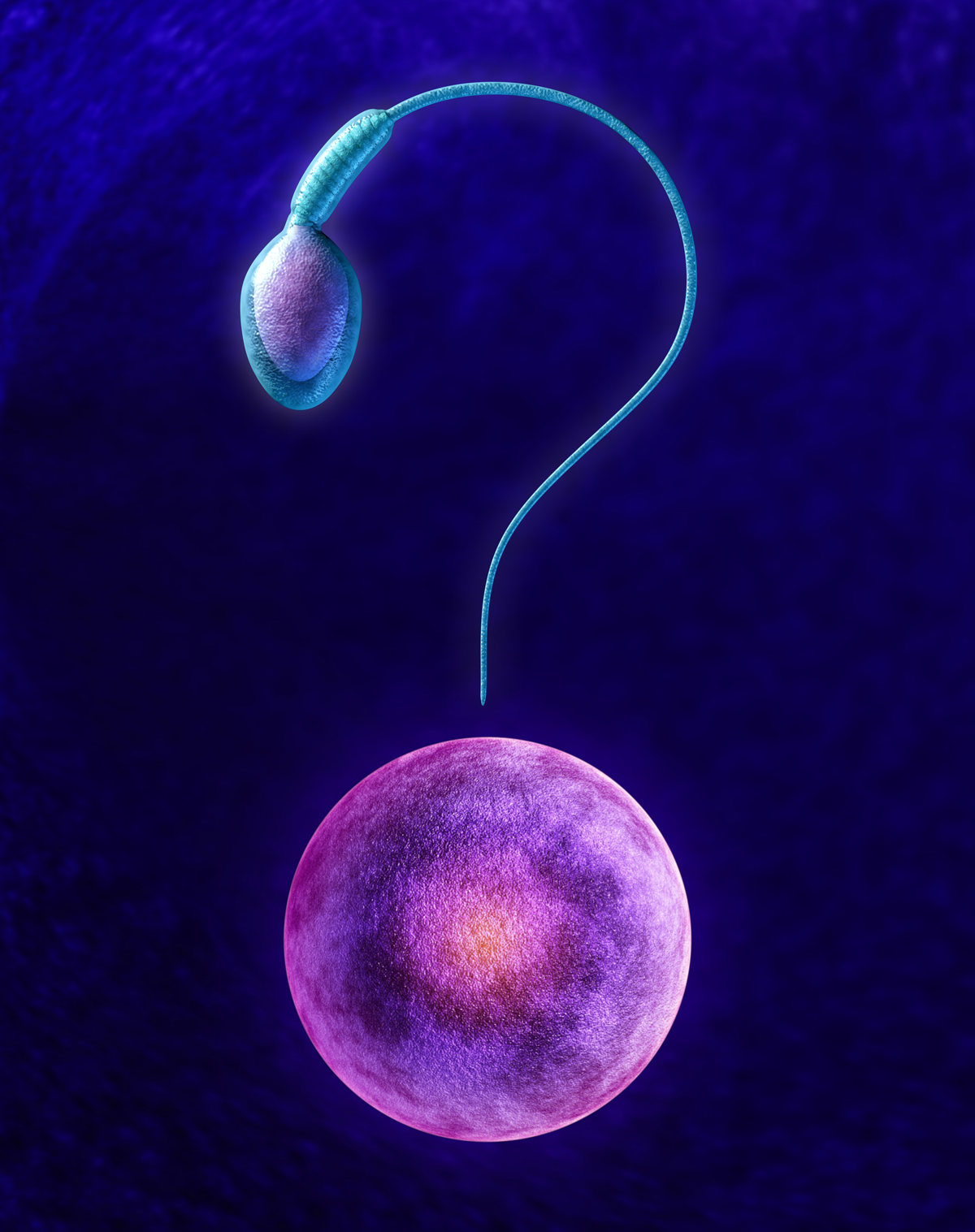There are a variety of reasons why couples may want to use donated eggs to fulfil their dream of having a child. There are situations where couples cannot achieve a successful pregnancy with the woman’s own oocytes (e.g. cancer treatment, genetic diseases, premature menopause) and may therefore decide to try for conception with donor eggs and IVF.
First, however, each couple’s initial situation has to be assessed in a professional and comprehensive way and any questions the couple may have must be answered. MUDr. Libor Hradecký Ph.D., the Medical Director of the IVF Centers Prof. Zech in the Czech Republic, for instance, would be pleased to welcome you in Pilsen and provide you with detailed consultation. For 15 years now, he and his Pilsen-based team have helped couples realize their dream of having a child through donor egg IVF.
As an experienced practitioner of reproductive medicine, he is well aware of the questions preying on the minds of the couples concerned:
“What are the situations where egg donation may help?”
Dr. Hradecký: There are many reasons why couples/women cannot achieve a successful pregnancy with the woman’s own oocytes. In addition to medical reasons (e.g. cancer treatment, genetic diseases, early menopause etc.), today we are increasingly confronted with social causes. In other words, more and more women and men delay starting a family until later in life. Motherhood is therefore often postponed until age 35 or thereafter. However, from the age of 40, it gets more and more difficult to conceive a child naturally. In all of these situations, donor-egg IVF may be an option for the couples concerned. The legal bases for egg donation vary considerably from one country to another.
“We have often read about this topic, but what actually is the difference between anonymous and non-anonymous egg donation?”
Dr. Hradecký: In countries where anonymous egg donation is permitted by law (e.g. Czech Republic), it is legally prohibited to disclose any information on the donor’s identity.
In the case of non-anonymous egg donation the legislator prescribes that from a certain age onwards, any child conceived through donated eggs has a right to information about the donor. Consequently, the donor’s identity must be disclosed.
“How long does the process of an IVF treatment with donor eggs usually take?”
Dr. Hradecký: The length of the treatment depends on how many suitable egg donors are available. This usually takes up to 3 months. The identification/allocation of a suitable donor is done after having completed extensive medical screening. This provides information about whether or not a woman is a suitable egg donor. The egg donors are selected according to strict criteria.
“Who are the egg donors?”
Dr. Hradecký: It’s often students, nurses or secretaries who get in touch with us to be recruited as egg donors. In order to protect the egg donors, we accept only women aged 20 to 33 (legal requirement 18 to 35 years of age). In addition, being in excellent physical and mental health is also an indispensable prerequisite in order to become a candidate for egg donation.
“What shall/may we learn about the egg donor?”
Dr. Hradecký: The recipient couple has the possibility to learn more about the donor (phenotypic characteristics, i.e. body features) without her identity being disclosed. The prospective donors are matched to the recipient couples on the basis of phenotypic features (e.g. body height, body weight, hair color, eye color, blood group). However, we cannot guarantee to find a match for each individual feature.
“How many oocytes will we get from the donor?”
Dr. Hradecký: In order to enable the collection of several oocytes, the donor’s ovaries are hormonally stimulated in a gentle and careful way. On average, 10 to 12 egg cells can be placed at the recipient couple’s disposal.
“How many times do we have to travel to Pilsen?”
Dr. Hradecký: One or two times, where appropriate, for the initial consultation and necessarily for the embryo transfer. It is also possible to come to one of our other IVF Centers Prof. Zech for the intitial consultation. This would mean that you have to come to Pilsen only once, i.e. on the day of embryo transfer.
“Will I feel the same about a child who does not have a genetic link to me?”
Dr. Hradecký: The mother-child relationship and the care and love associated with it are usually just as intense as with any other family. There are studies on donor-egg IVF which attest to the fact that there are no noticeable differences with respect to the mother-child relationship (to learn more, see our blog post “Love in Times of Egg Donation”).
Links:
» Love in Times of Egg Donation
(Post | https://www.fertility-treatment-blog.com)
» Fertility treatment with egg donation
(Topic-Special | https://www.fertility-treatment-blog.com)
(Start page | https://www.fertility-treatment-blog.com)
(Page | https://www.fertility-treatment-blog.com)
















